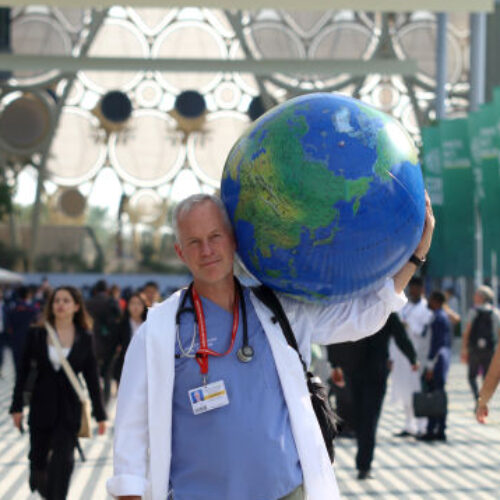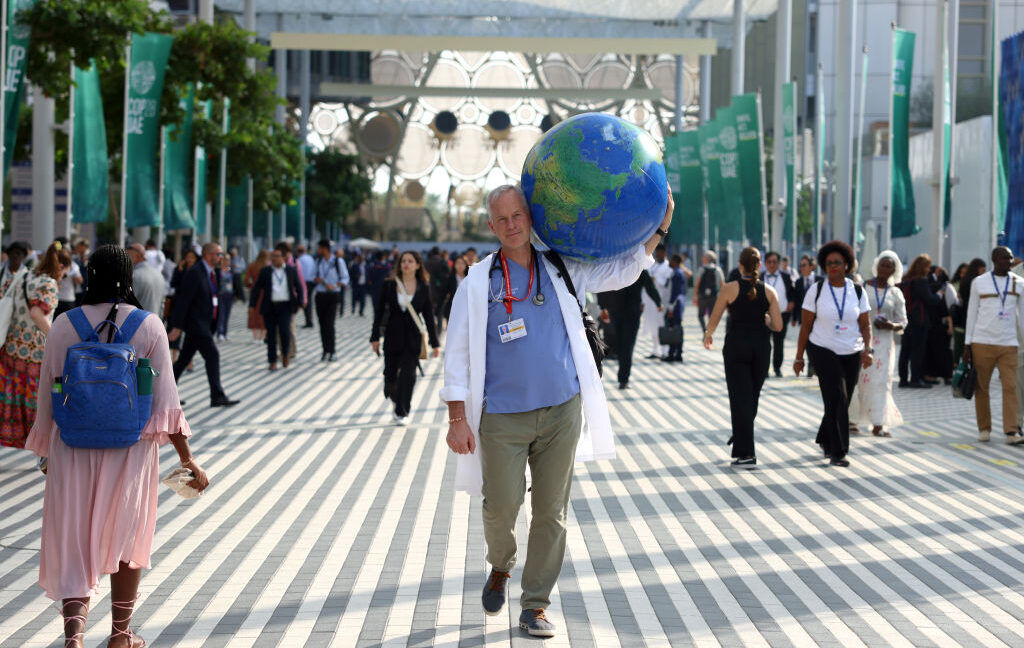A how-to for ethical geoengineering research
Over the Northern Hemisphere's summer, the world's temperatures hovered near 1.5° C above pre-industrial temperatures, and the catastrophic weather events that ensued provided a preview of what might be expected to be the new normal before mid-century. And the warming won't stop there; our current emissions trajectory is such that we will double that temperature increase by the time the century is out and continue beyond its end.
This frightening trajectory and its results have led many people to argue that some form of geoengineering is necessary. If we know the effects of that much warming will be catastrophic, why not try canceling some of it out? Unfortunately, the list of "why nots" includes the fact that we don't know how well some of these techniques work or fully understand their unintended consequences. This means more research is required before we put them into practice.
But how do we do that research if there's the risk of unintended consequences? To help guide the process, the American Geophysical Union (AGU) has just released guidelines for ensuring that geoengineering research is conducted ethically.


© Handout / Getty Images

